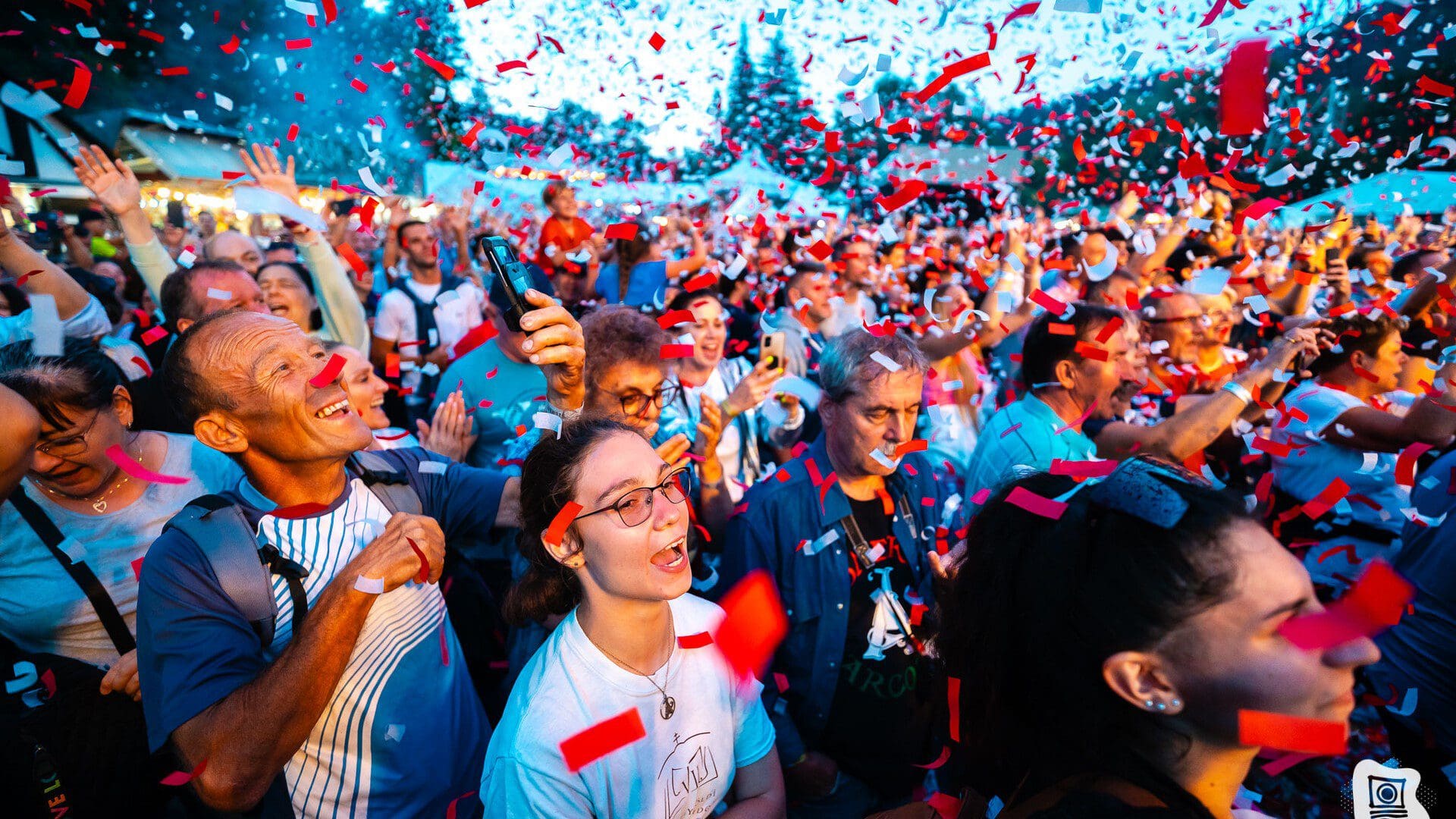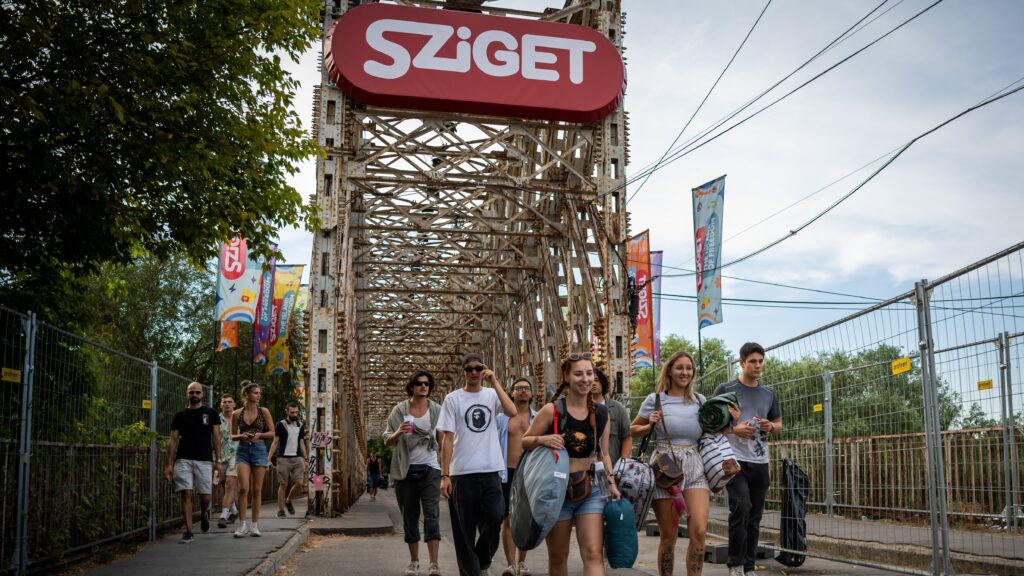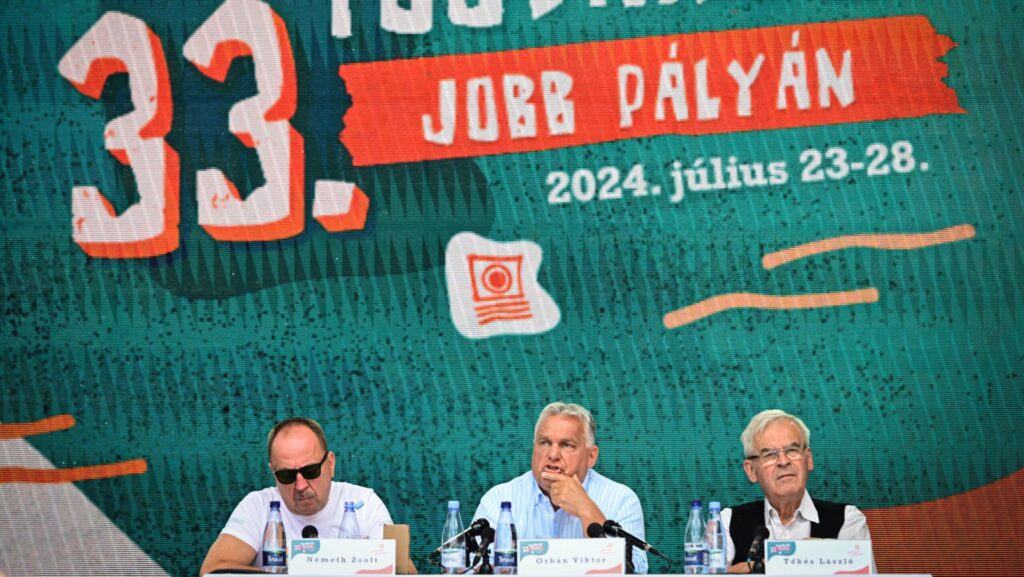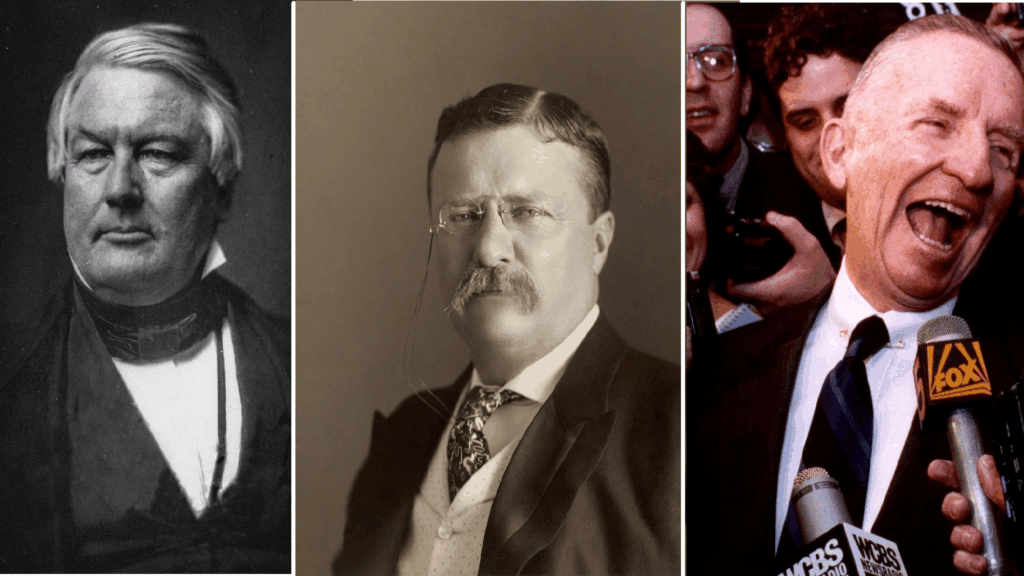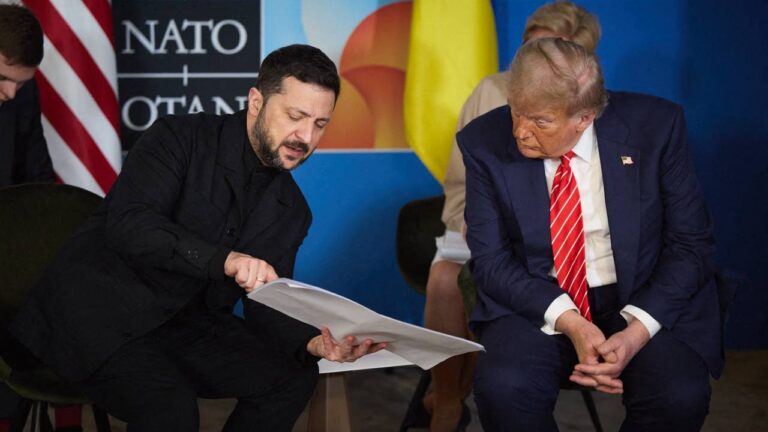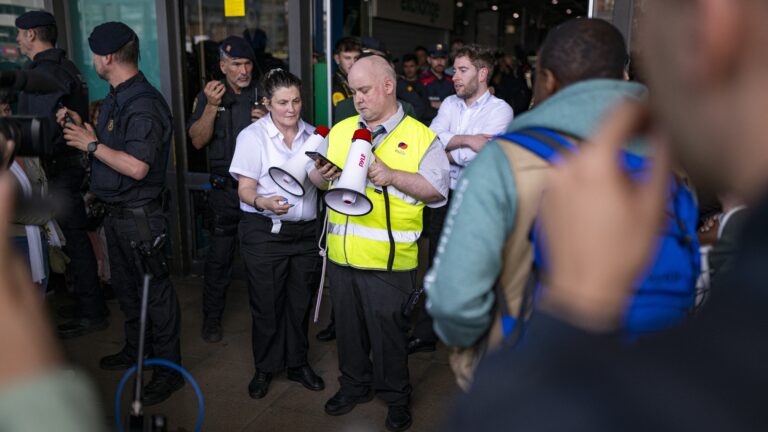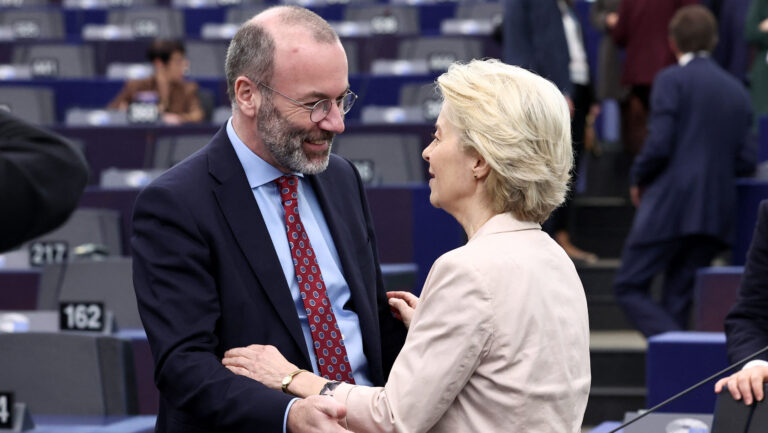The Tusványos Festival in rural Transylvania was unlike any other event I have ever experienced in America. Transylvania is a region of ethnic and cultural Hungarians, and for the thirty-second year in a row, it hosted a festival full of food, music, and intellectual panels.
Experiencing another culture is like embarking on a captivating journey of self-discovery and enlightenment; it is a welcoming invitation to step outside the boundaries of familiarity and immerse oneself in the traditions, perspectives, and practices that define a different way of life. This intimate interaction with the unfamiliar not only fosters empathy and open-mindedness towards differences, but also reveals common threads that connect us all as human beings.
The cool and crisp mountain air surrounded me as I walked through the pine trees on dirt paths, navigating tents emanating the delicious aromas of ethnic Hungarian foods with the Hungarian language projected over microphones as people calmly listened to various political discussions. I immediately was able to break the language barrier with a smile, and those who spoke English were more than happy to show me around and tell me about their way of life. They were pleasantly surprised to see an American at such an event and were excited to show me Hungarian traditional folk dancing, music, food, and drink.
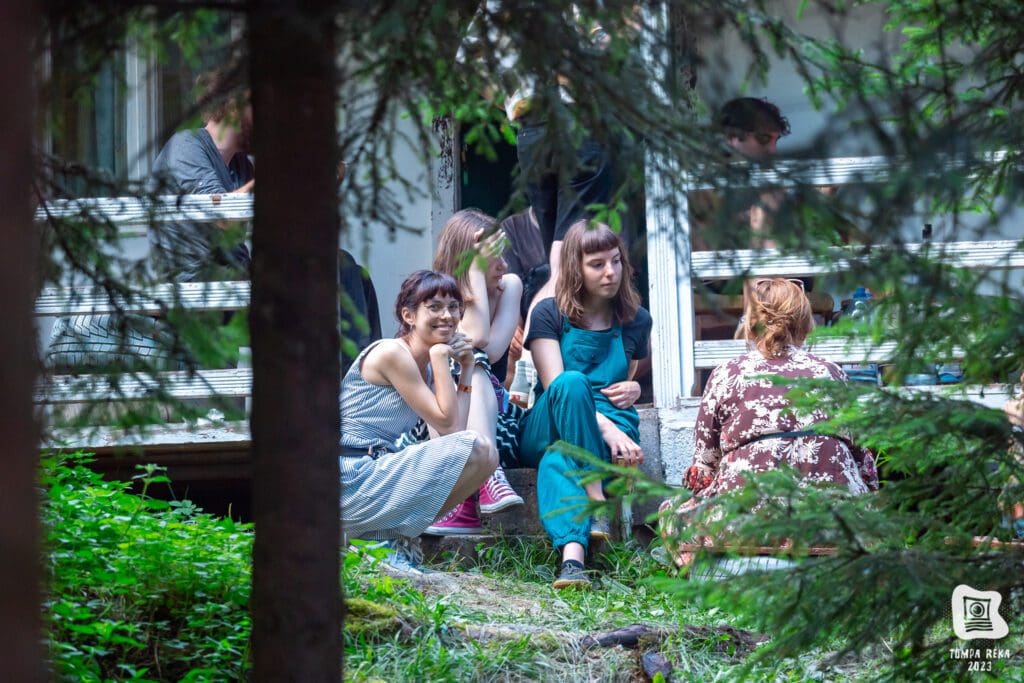
The panel discussions began as early as 8:00 a.m., and a handful of panels were in English with some offering live translation. The topics ranged from policy initiatives surrounding the cultural preservation of Hungary, and the Ukraine War to American elections, fault lines in political communication, and the sovereignty of nation states in the EU. Although the speakers of various panels were experts, governmental officials, and political figures, attendees and speakers alike dressed in cool and relaxed summer attire. I felt that this small aspect broke down the distance between government and citizen, and allowed for an environment that invited discourse between the speakers and attendees.
Even Prime Minister Viktor Orbán himself passed through towards the end of the festival and spoke to a large audience. Something Orbán said during his speech I felt captured the essence of the festival: ‘We do not wish for everyone to have the same beliefs and same way of life—we want to say we have a common language and shared community and a common home for our security and well-being.’
Ultimately, this is a place Hungarian people go to celebrate each other as well as have thought-provoking discourse. The attitudes of the young adults were warm, inviting, and relaxed. They were curious to listen to the political discussions, asking questions during the panels and talking amongst themselves about their own opinions on the matter. I was surprised to see such civilised conversations happening as they laughed while also politely expressing their opinions on sensitive topics like the Ukraine War and the Hungarian government stance of peace-making. Each had their own perspective and felt passionately about their side of the topic; for instance a young Ukrainian man was there to express his concerns over the war, and I watched as they debated him on the minority rights of Hungarians in Ukraine and his opinions on the stance of Hungary. Yet afterwards, they shook hands and sometimes I saw them even hug as each went their separate way on the festival grounds to go back to enjoy the music as one.
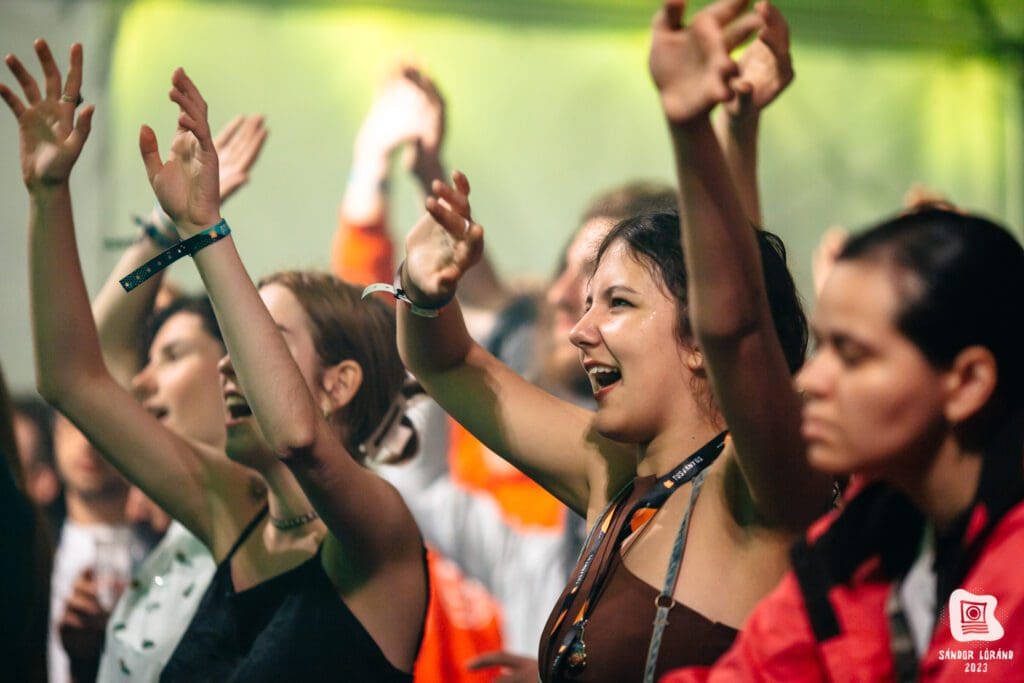
The discourse was not heated nor divisive; it was passionate but respectful. I saw this same attitude among the young adults I interacted with, as I was able to express my opinion as an American on some topics and they were highly interested in what I had to say while offering me their views on American foreign policy. We were able to talk about such topics, debate over drinks, and find commonalities despite our differing opinions, and afterwards go out dancing to the loud music and enjoy each other’s company.
Tusványos advertises itself saying ‘the participant coexists peacefully with the organiser, the politician with the politician, the speaker with the singer, the cotton candy with the anklet, the loudspeaker with the bright lights, the bear with the forest…’ And this is precisely what I saw as I talked with locals, ranging from the elderly to young mothers with children, all enjoying this festival, some happy to attend the lectures while others openly opposing the the politics of Fidesz, but none unfriendly. This coexistence was wonderful to see as the political divide seemingly evaporated as people were ultimately happy to be in each other’s company and learn from one another. This political scene was unlike anything I have ever seen in America, as politics in America have become extremely polarised. Yet I believe that this event could be possible in America if presented in the same manner, allowing participants the opportunity to listen and discuss political topics that affect the country with each other in small gatherings during the day, as seen in the tents at Tusványos, and then break the tension in the evening with a meal, cold drinks, and music, celebrating what it means to be an American or a Hungarian. The setting of the peaceful serenity of the mountains and foggy air, with our feet in the dirt, vibrating with music, shows us we are all people working towards a common goal of bettering our societies in a country we are proud to call home, while realising that the only thing that we may disagree upon is our ideas on how to achieve such betterment.
Experience goes far beyond what can be taught in the classroom. By being at Tusványos in person, I felt the joy and vitality of the event that are hard to convey in writing, as well as the ultimate humanity of recognising our differences, respecting each other’s opinions, and yet being united in a shared community with love and care for each other.

